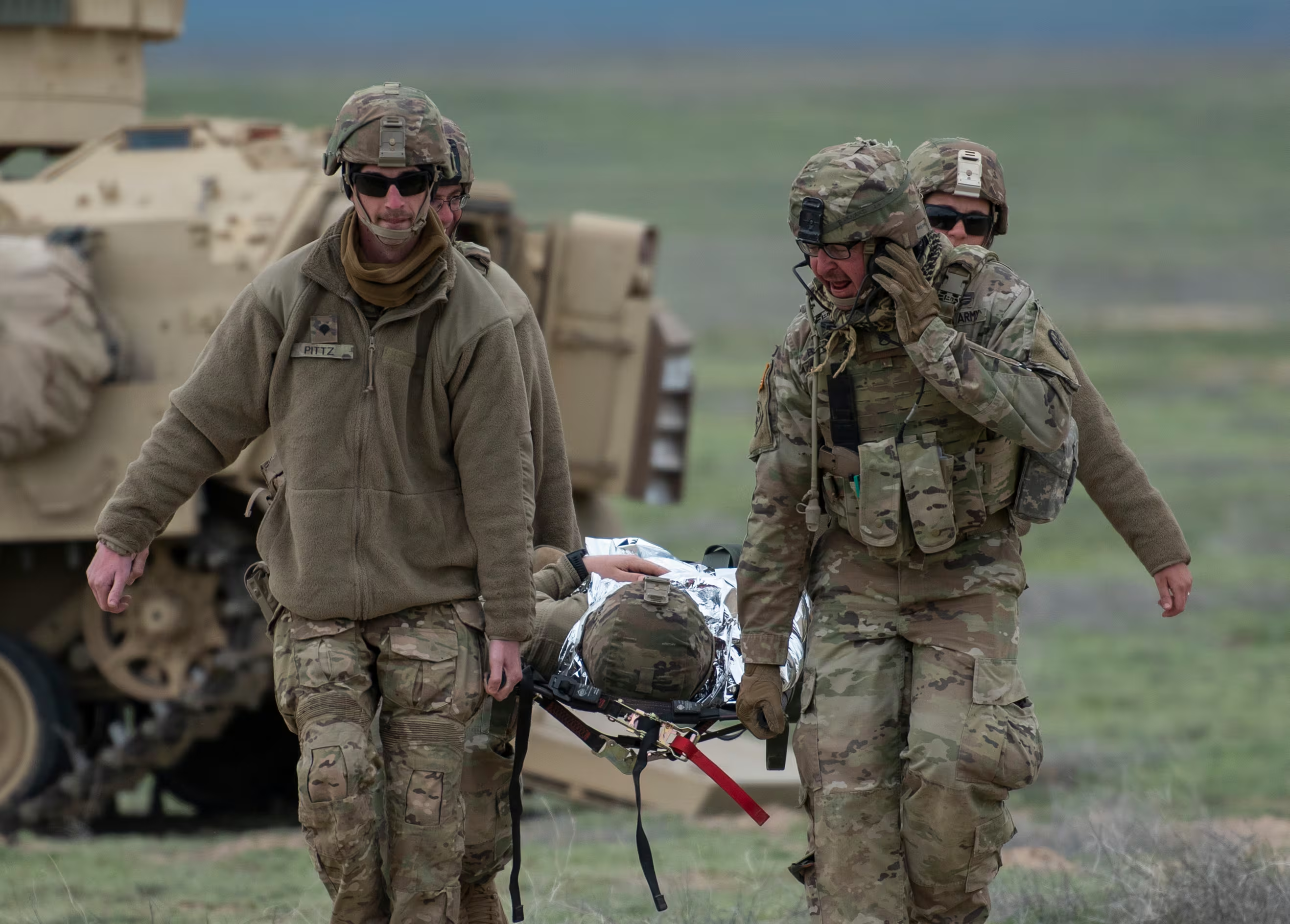Veterans advocates have already scripted the first 100 days of the next president's agenda, whoever he or she might be.
In a new policy paper from the Center for a New American Security, analysts say swift engagement on veterans issues will be critical for the next administration as a signal not only to those who have already served, but also to those in uniform today and future potential recruits.
"National security depends on the United States' ability to recruit, retain, manage, and support its service members and their families," the report states. "The nation benefits from the successful transition and future success of veterans in myriad ways, including … the example they set for future generations weighing whether to join the all-volunteer force."
The bipartisan document sets out a general blueprint for the top issues facing the Veterans Affairs Department now and in coming years, and outlines advice for President Barack Obama's successor the still-undetermined new president to tackle in their first 100 days. Priorities include:
- A more public commitment to veterans' issues: "The next president must use his or her personal presence and participation to convey the importance of this support and its vitality to national security."
- A government-wide focus on veterans: "The next president should identify and nominate key leaders for (the Defense Department), VA, the Department of Labor and the Small Business Administration that work on veteran and military personnel issues."
- Including veterans in wider military planning: "Military personnel and veteran issues should be integrated into key strategic planning processes and documents, such as the National Security Strategy."
- Paying for it: "This includes, but is not limited to, adequate funding to fully resource the military compensation, defense health, defense operations and maintenance, veterans health, and veterans benefits accounts."
Authors of the document acknowledge that the challenges involved in providing health care to veterans in coming years are "daunting," but they note "near universal" support among Americans for ensuring that veterans' military service is recognized and honored.
However, they also note the political fights over current VA operations, and philosophical differences over whether future decisions should expand the department's bureaucracy or outsource long-held core programs to the private sector.
Still, the report notes that enough common ground exists for the incoming commander in chief to use the issue to push for positive change with broad public support.
"The American military always rises to meet challenges to national security," it states. "The nation and its economy embrace those who have served and do so far better today than for past generations, though there is still room to improve."
The full report is available at the CNAS website.
Leo covers Congress, Veterans Affairs and the White House for Military Times. He has covered Washington, D.C. since 2004, focusing on military personnel and veterans policies. His work has earned numerous honors, including a 2009 Polk award, a 2010 National Headliner Award, the IAVA Leadership in Journalism award and the VFW News Media award.





